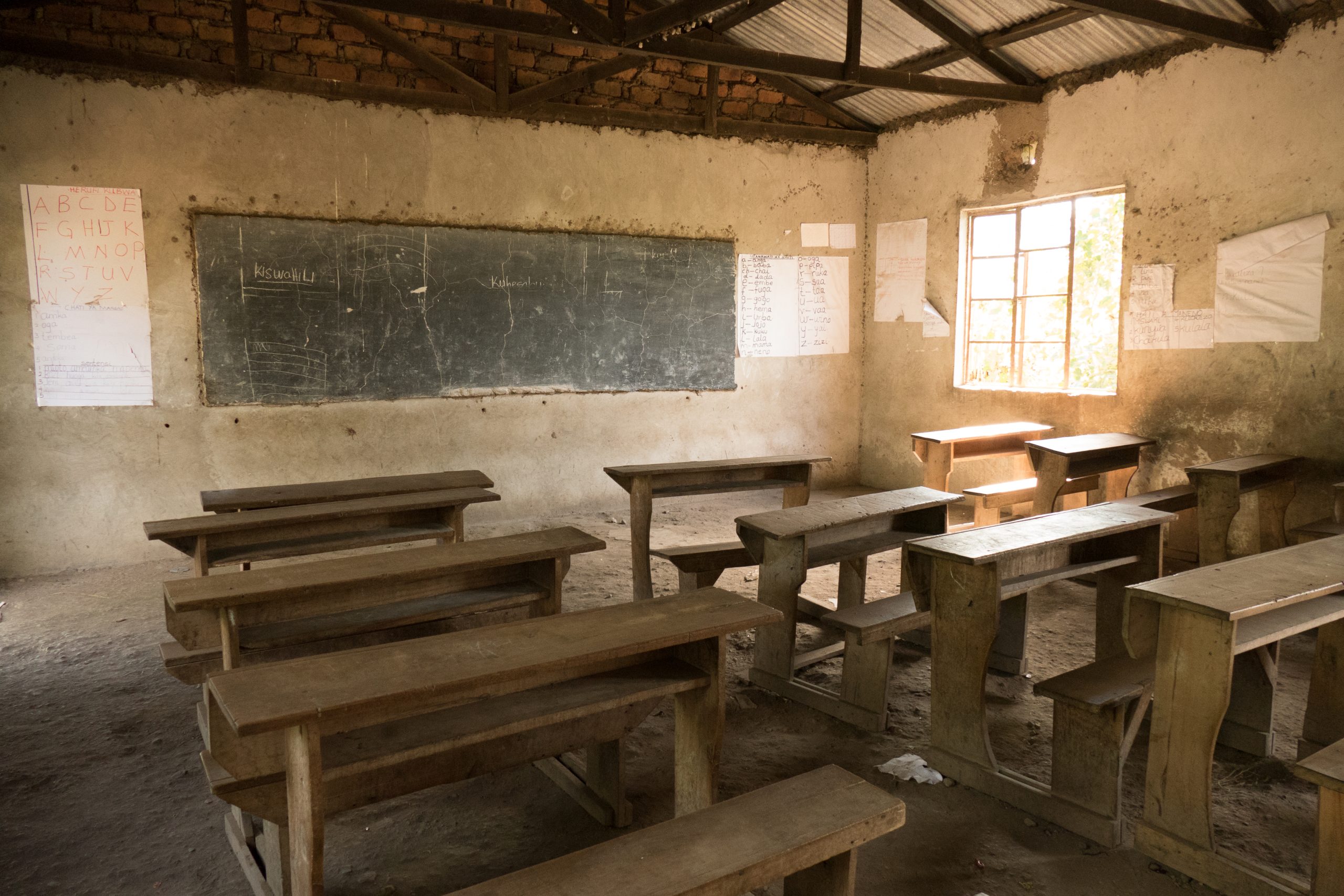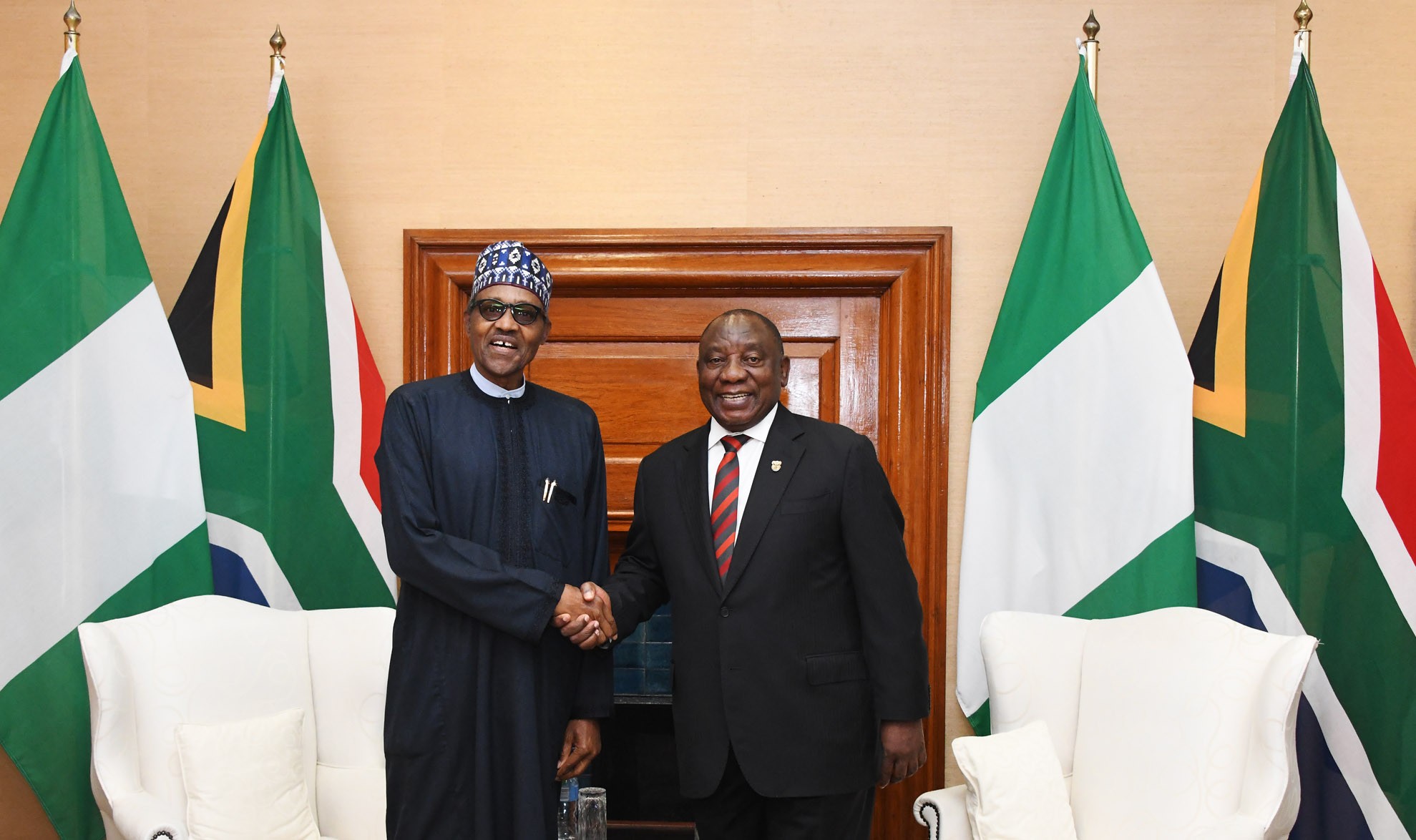Zimbabwe’s multifaceted crisis has continued, with most of the country’s challenges remaining unaddressed. President Emmerson Mnangagwa’s consolidation of power via constitutional amendments and increased state militarization have curtailed the capacity of pro-democratic forces to hold the government accountable. Repression against opposition groups and civil society continued.
After an economic recovery in 2021 due to eased COVID-19 measures, the economic slowdown resumed in 2022. Macroeconomic instabilities and exchange rate pressures reemerged, marking an economic crisis characterized by high prices, cash shortages, corruption and a huge debt overhang. In 2022, Zimbabwe recorded an annual inflation rate of 284%, one of the highest worldwide.
The controversial Private Voluntary Organization (PVO) Amendment Bill, passed in 2022, grants government control over NGOs and criminalizes civil society’s political involvement. Despite this, talks on debt arrears and re-engagement efforts with the AfDB and the EU surfaced in 2023.

